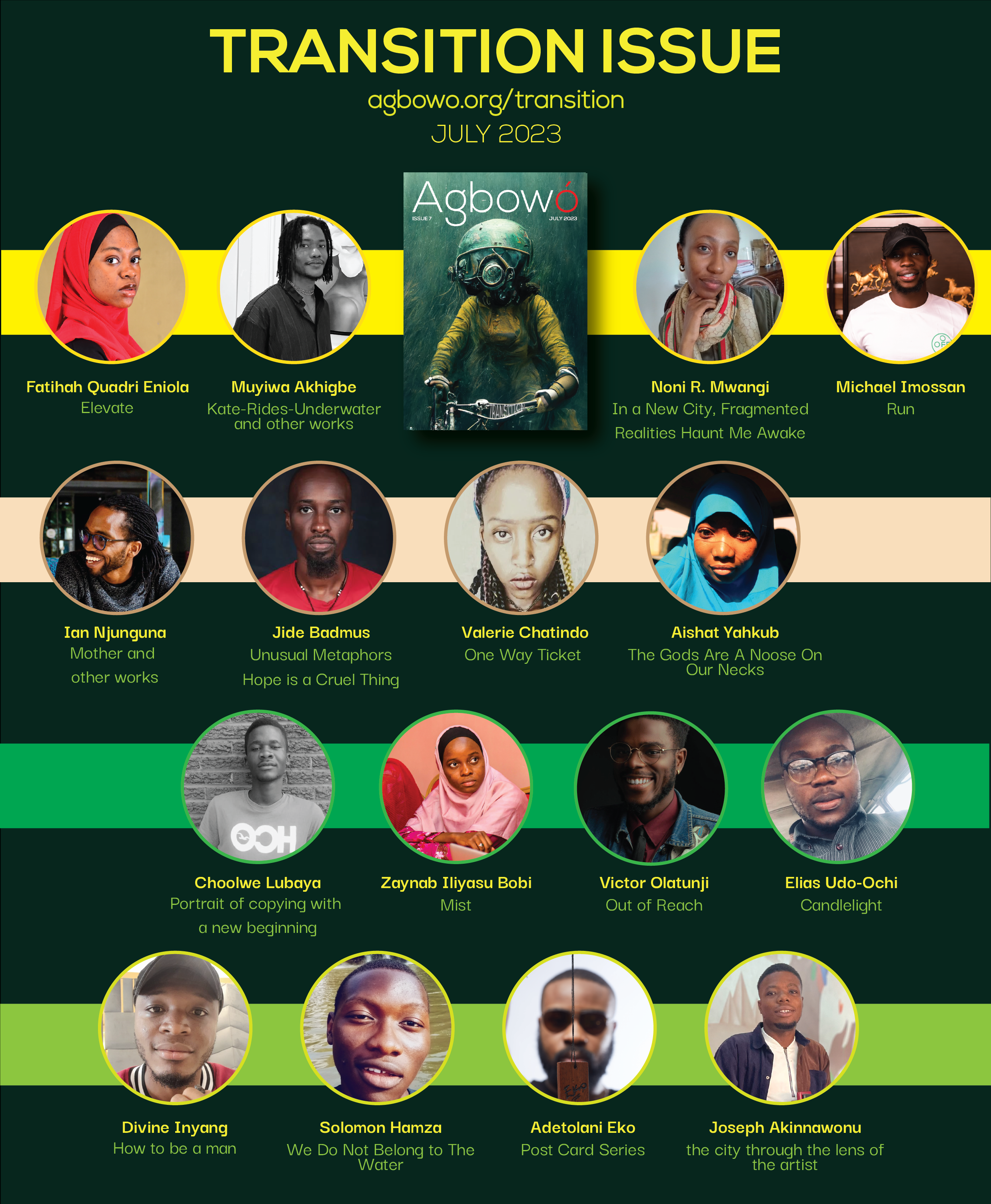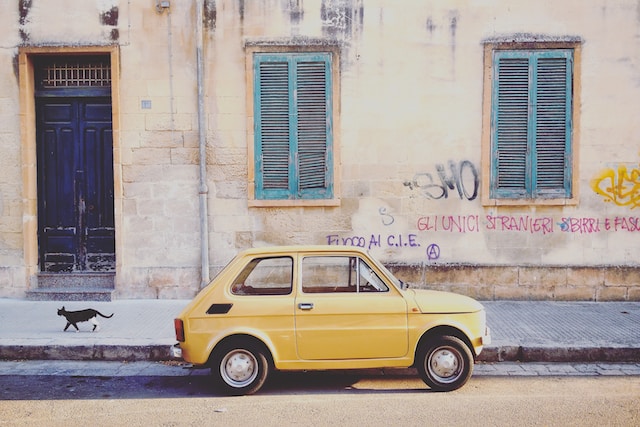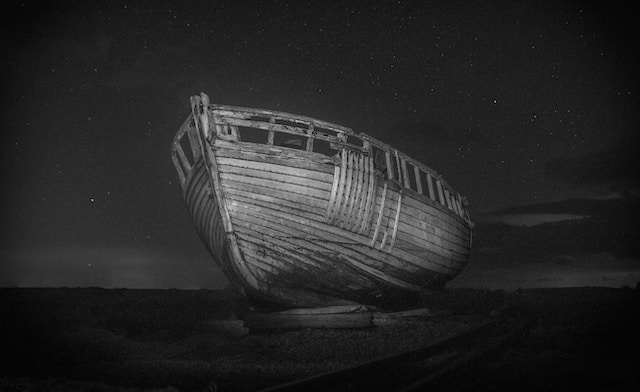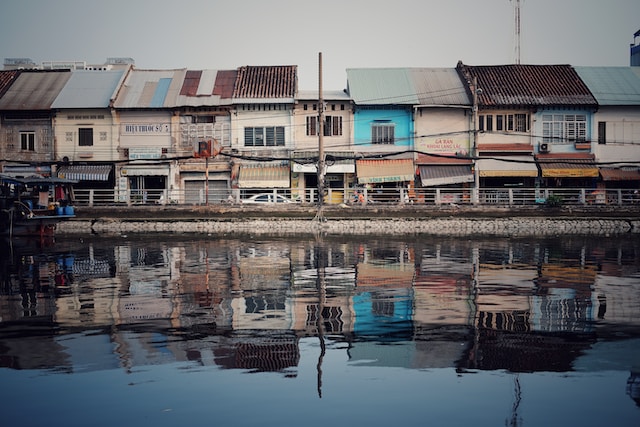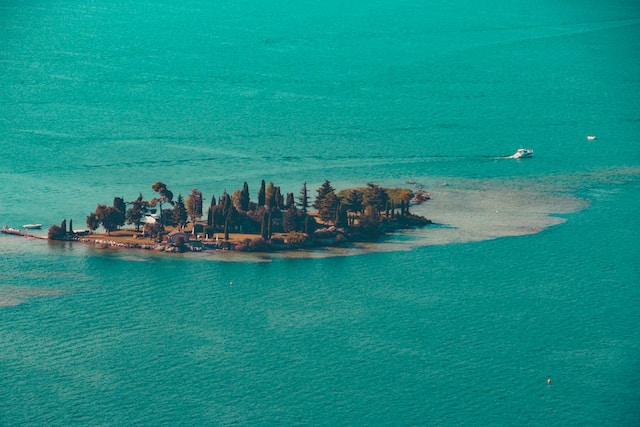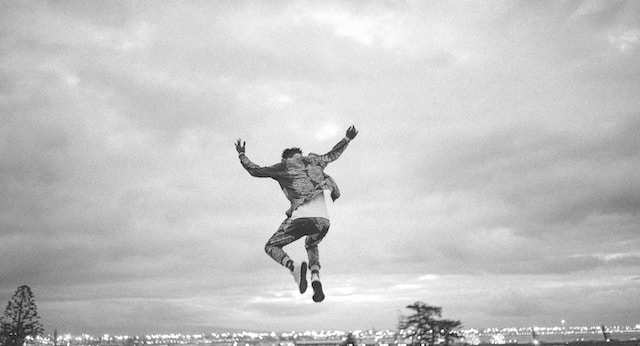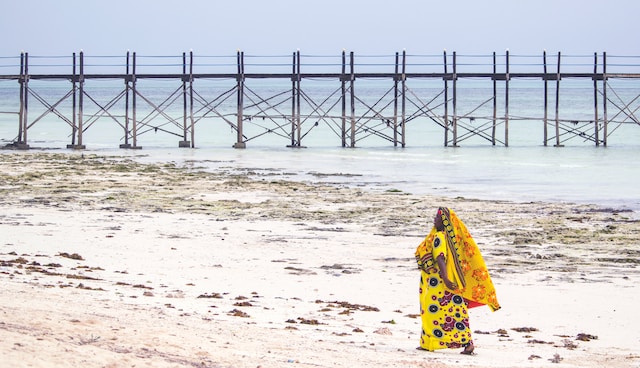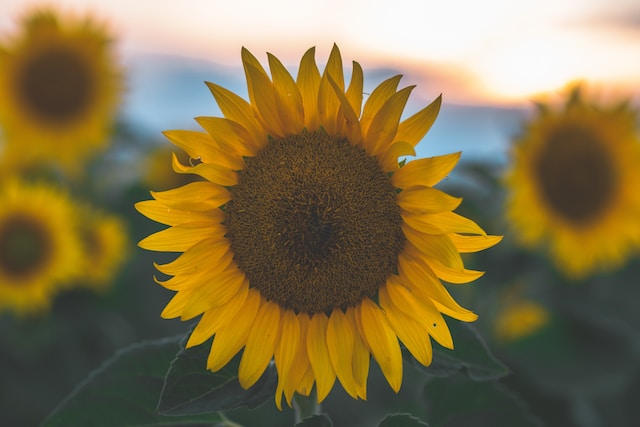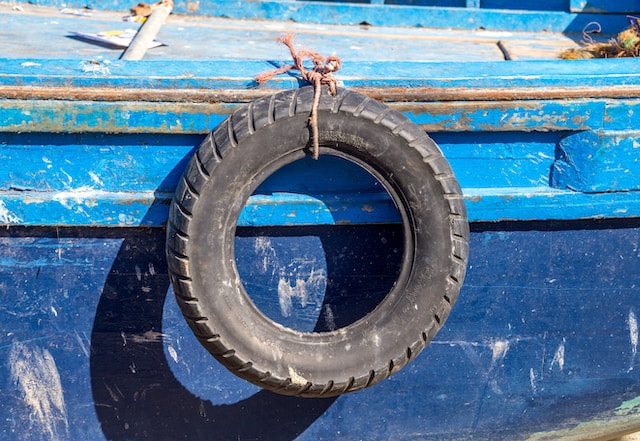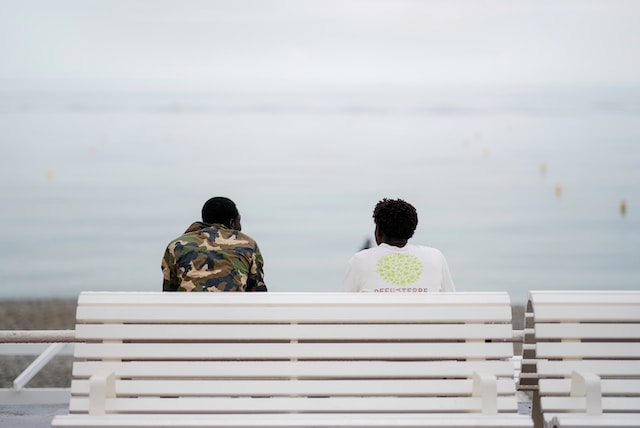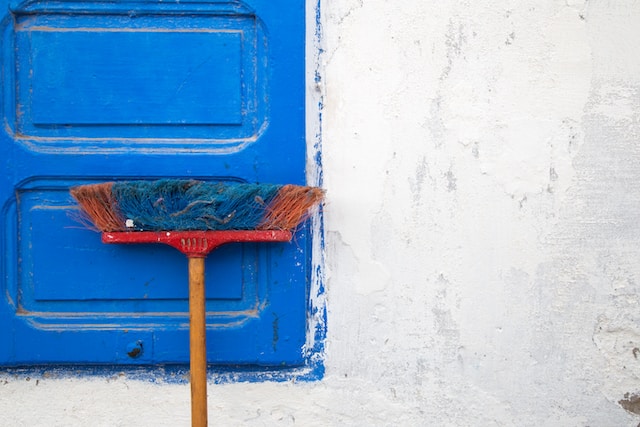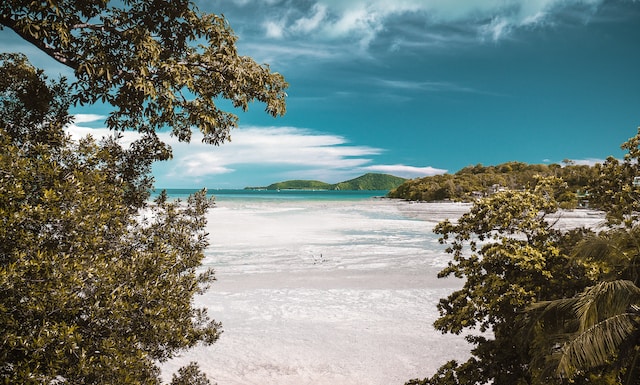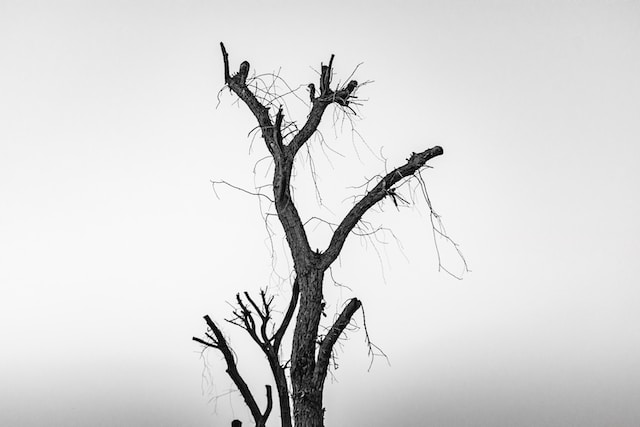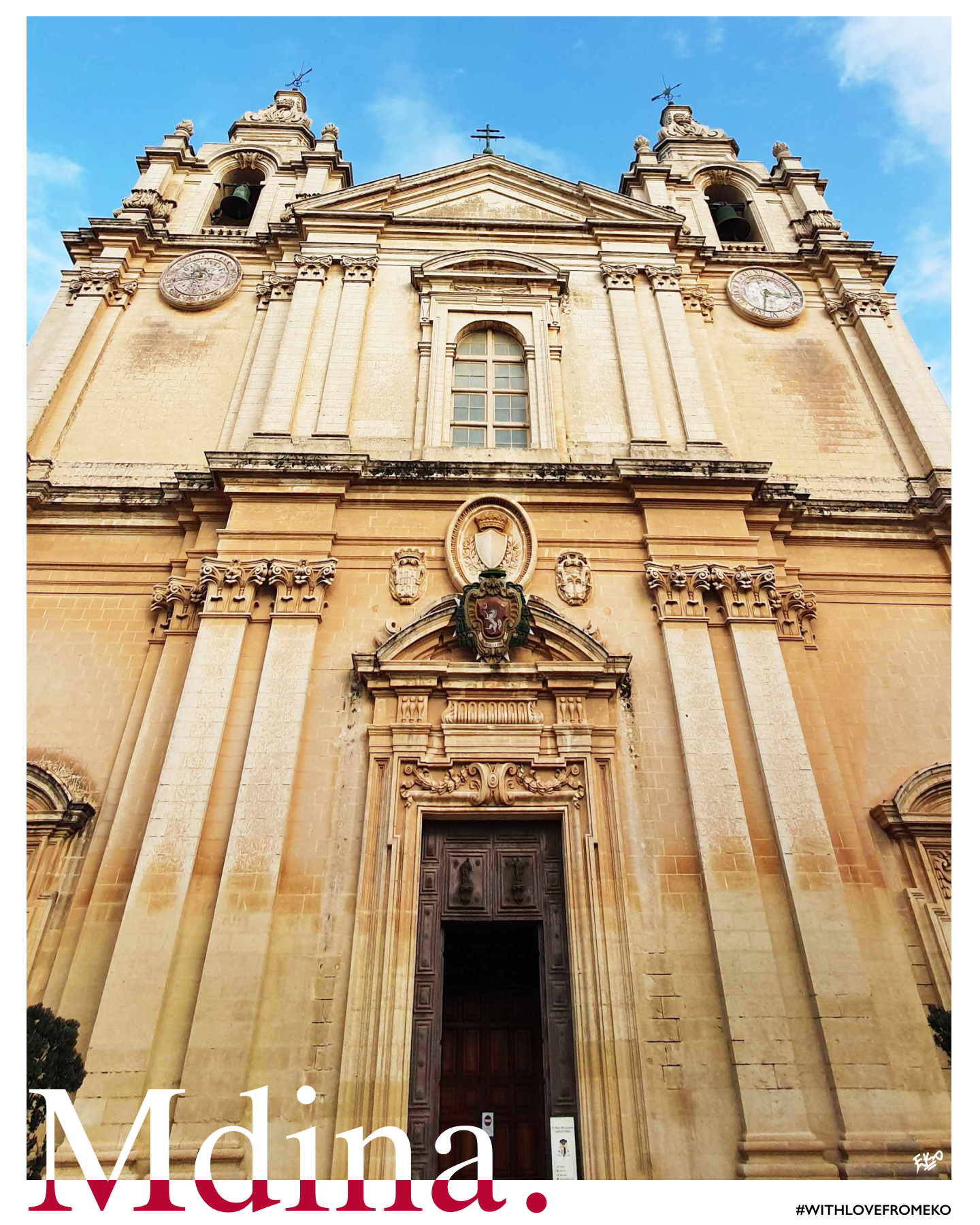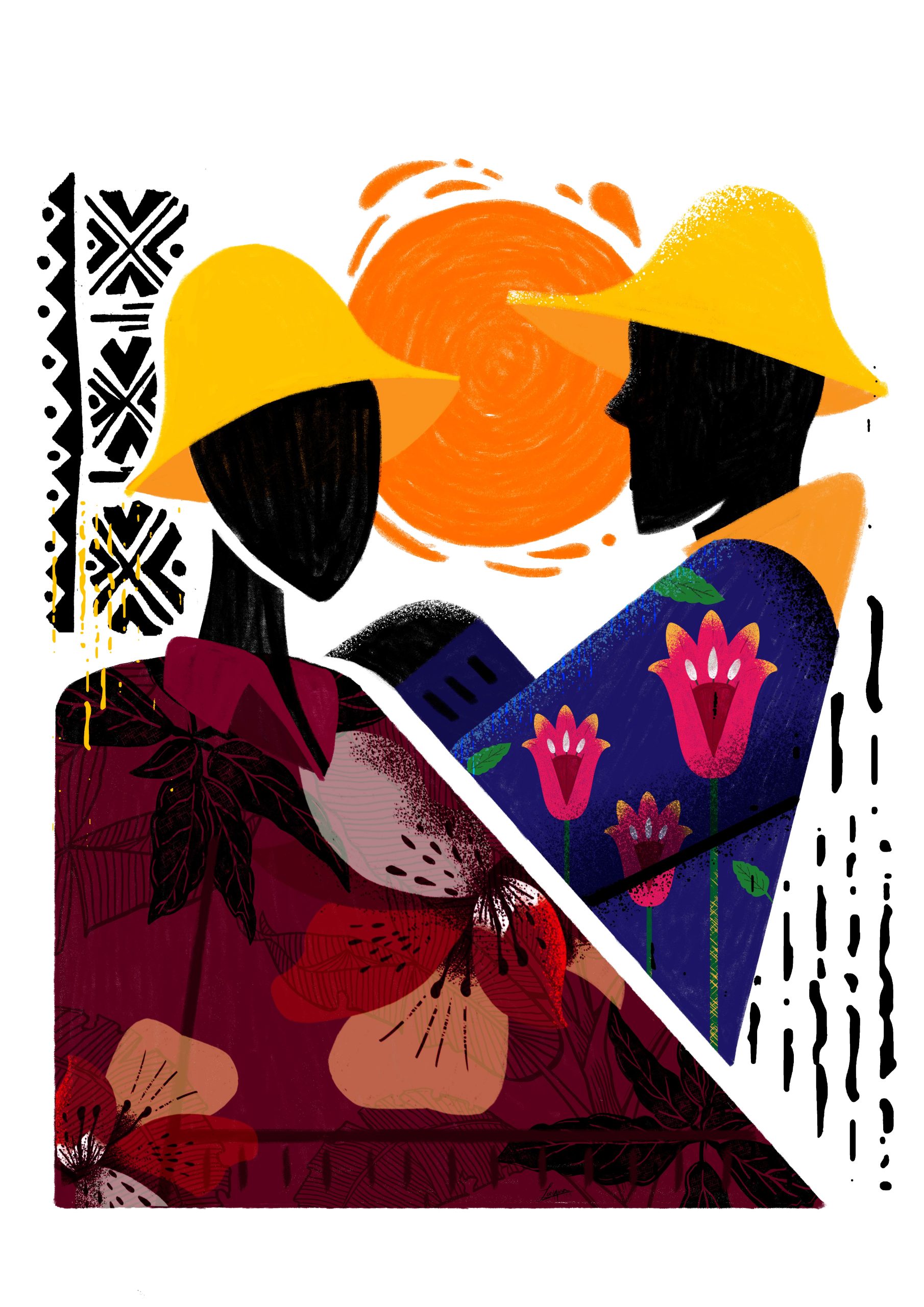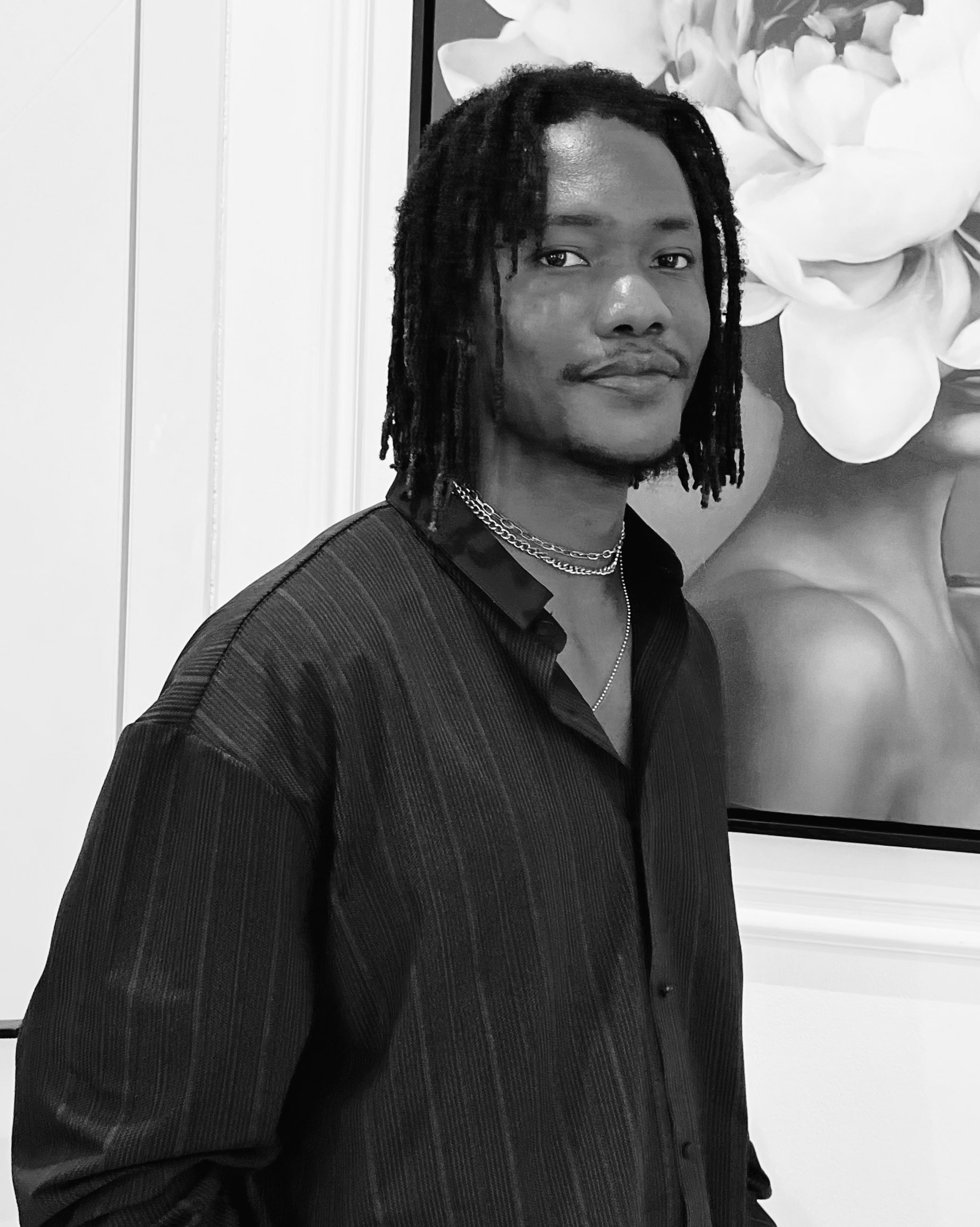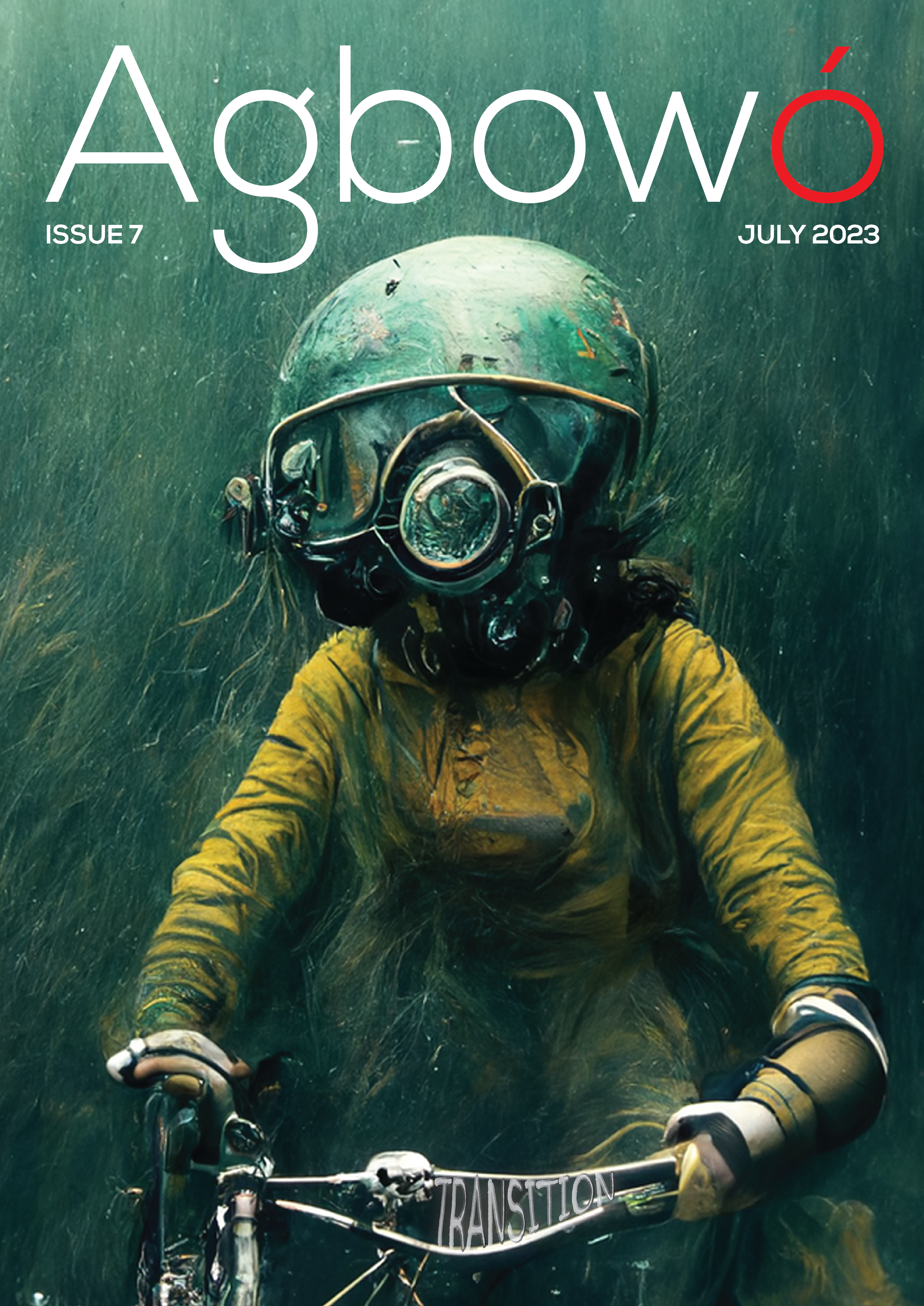
Editor’s Note
Look at us. Enamoured. Held captive in the pocket of time. Everything unfolds through language. Look at our tongues, the variance—a manifestation of God’s anger at Babel.
Imagine the slight shift caused by a miracle. Imagine you. Where were you born? Is the city the same? Are you still there? Are you still the child running across the city unafraid? You know, we have been stories all our lives, even before birth. We are the last piece to someone else’s story, and we will be the beginning of someone else’s. That’s life. That’s transition.
It’s my last few days in Iowa. The flowers are out, and the sun belies light over the city, although it’s hot outside. I have completed my Masters Program at the Writers’ Workshop. Someone is riding a bike and singing Twenty-One Pilot’s Car Radio. It’s summer. It was summer when I arrived in the US two years ago. Summer when I will leave. Can you see what I am saying? Time is what transitions through us. It is almost as if we live in a loop, only that the loop can exist in multiple places simultaneously.
In The Book of Goose, which I am reading this summer, Yiyun Li writes from Agnes’s childhood, toward the heaviness and innocence of loss, stillbirths, and maternal death. We live our lives in the waiting room, waiting for what will happen. Like we are not owners of our own bodies. Like this earth does not belong to all of us. In Valerie Chatindo’s One Way Ticket, the narrator is unreliable, unlike Yiyun Li’s narrator. We are watching the speaker move through the chords of memory and family dynamics but failing to ground herself. Yes, there is migration, but what is pushing them out? Not war! But it’s war!
I am moving to California, one of the most expensive cities in the US, where I’ll fight for my life as a writer and a scholar. I will constantly reflect on writing as an act of war and transition as I join Stanford University as a Wallace Stegner Poetry Fellow. It will no longer be about the children riding bikes on South Lucas in Iowa. I will, in a few months, be in one of the most prestigious programs for writers in the world.
The transition issue comes immediately after reincarnation. And that’s the order of the world, a science we can’t remedy. Following the emergence of the truest form of an African narrative, the issue collects postcards from artists and writers. I only ask you to shuffle the cards and watch as language unravels you.
Yes, you are in this issue. Both as the reader and what is being read. Divine Inyang’s How to Be a Man is both haunting and subtle. But what will wreck the ship is Noni R. Mwangi’s In a New City, Fragmented Realities Haunt Me Awake. Language does the diligent work of wreckage, and through it, we can also seek her for the righteous work of healing. This is what Jide Badmus’s Hope is a Cruel Thing does.
This issue delves into the themes of migration and mitigation, arriving at a critical juncture as Africa awakens — through emigration or political transformation. Pay attention to Solomon Hamza’s We Do Not Belong to The Water.
I extend a warm invitation to you, dear reader, to find solace in this new issue of Agbowo.
Agbowo is proud to bring established, accomplished, and emerging writers together. Especially now that the African narrative enjoys a global audience. Here in this issue, there are tales of change, upheaval, and restoration. I invite you to immerse yourself in these stories, to see yourself reflected in their verses, and to find comfort in the shared experiences of wreckage simply by leaving or living.
Adedayo Agarau
Editor-in-Chief
Iowa City
Cover Art by Muyiwa Akhigbe – Kate Rides Underwater
WORKS
FICTION
NON FICTION
POETRY
VISUAL ARTS

Muyiwa Akhigbe
INTERVIEW
